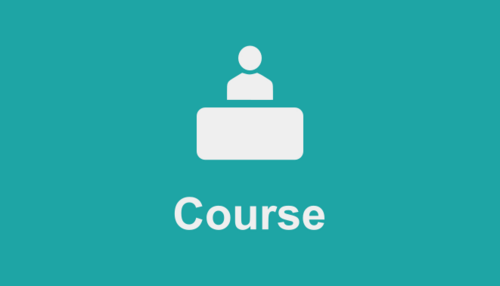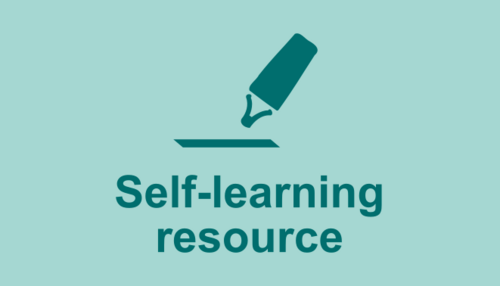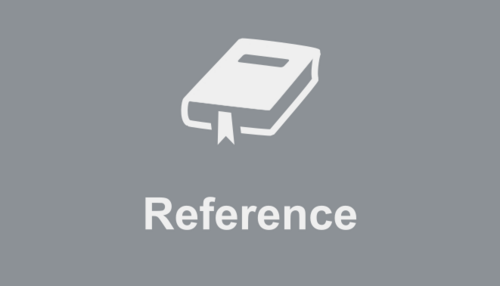
Information resourcesCommunication, collaboration and participation
Literacy in the area of communication, collaboration and participation means the capacity to participate safely and effectively in the emerging culture of communication and sharing made possible by open digital environments.
- Instructions on how to use this page can be found on the entry page.
- To send feedback or suggestions and to report problems, write to digital-literacies@clutterunibas.ch.
Resources at the University of Basel

Comunication skills for PhDs
The program Transferable Skills offers doctoral students many training opportunities to strengthen their skills and knowledge in the area of digital communication and collaboration. Covered are topics such as networking, storytelling, negotiation, or effective presentation.

Course offer on communication
The University of Basel has many training opportunities to strengthen one's knowledge and skills in the area of digital communication and collaboration. Topics range from fighting e-mail proliferation to learning efficient scientific communication.

Hybrid and online meetings
The online learning resource Getting started with online and hybrid meetings offers recommendations and describes best practices to communicate over video-conferencing applications.
Further internet resources

Effective communication
Jean-luc Doumont, an expert in scientific communication, offers first-rate reflections and recommendations in his book Trees, Maps, and Theorems. This book is available at the University Library.
Go to the next literacy area: Information resources on learning and teaching
